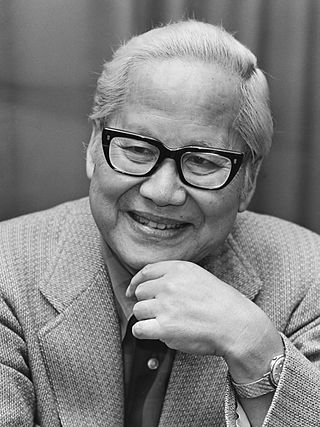
Keye Luke was a Chinese-American film and television actor, technical advisor, artist, and a founding member of the Screen Actors Guild.
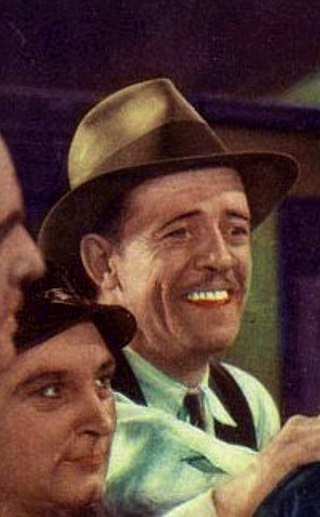
Tom London was an American actor who played frequently in B-Westerns. According to The Guinness Book of Movie Records, London is credited with appearing in the most films in the history of Hollywood, according to the 2001 book Film Facts, which says that the performer who played in the most films was "Tom London, who made his first of over 2,000 appearances in The Great Train Robbery, 1903. He used his birth name in films until 1924.
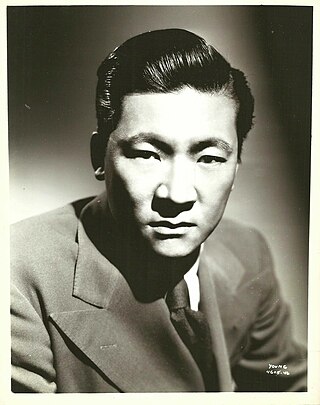
Victor Sen Young was an American character actor, best known for playing Jimmy Chan in the Charlie Chan films and Hop Sing in the western series Bonanza. He was born in San Francisco, California to Gum Yung Sen and his first wife, both immigrants from China.

Philip Ahn was an American actor and activist of Korean descent. With over 180 film and television credits between 1935 and 1978, he was one of the most recognizable and prolific Asian-American character actors of his time. He is widely regarded as the first Korean American film actor in Hollywood. He is not to be confused with Philson Ahn, another screen actor who broke into films in the late 1930s; Philson was Philip's younger brother.

John Rummel Hamilton was an American actor who appeared in many movies and television programs, including the role as the blustery newspaper editor Perry White in the 1950s television program Adventures of Superman.
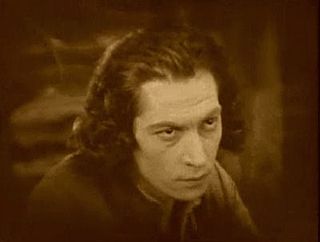
Francesco Giuseppe "Frank" Puglia was an Italian actor. He had small, but memorable roles in films including Casablanca, Now, Voyager and The Jungle Book.
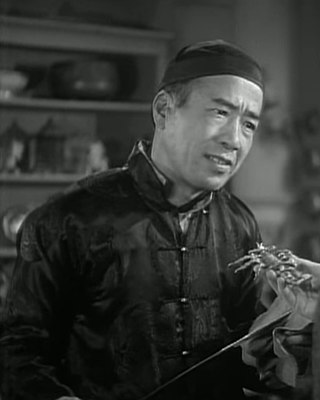
Tetsu Komai, also known as Tetsuo Komai, was a Japanese-born American actor, known for his minor roles in Hollywood films.

Richard Loo was an American film actor who was one of the most familiar Asian character actors in American films of the 1930s and 1940s. He appeared in more than 120 films between 1931 and 1982.

Cyrus Willard Kendall was an American film actor. He appeared in more than 140 films between 1935 and 1950. Kendall's heavy-set, square-jawed appearance and deep voice were perfect for wiseguy roles such as policemen and police chiefs, wardens, military officers, bartenders, reporters, and mobsters.

Harry Lewis Woods was an American film actor.
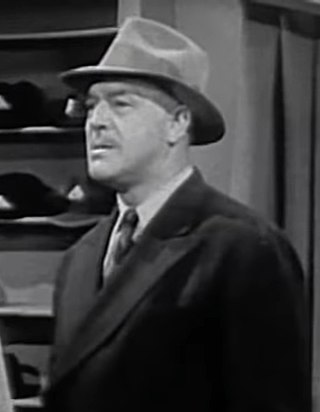
William Stanley Blystone was an American film actor who made more than 500 films appearances from 1924 to 1956. He was sometimes billed as William Blystone or William Stanley.
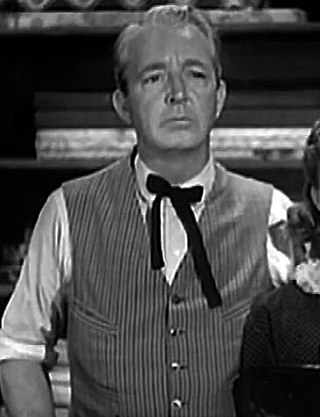
Edwin Stanley, was an American film actor. He appeared in more than 230 films between 1916 and 1946. He was born in Chicago, Illinois and died in Hollywood, California. On Broadway, Stanley appeared in This Man's Town (1930), The Marriage Bed (1929), and The Donovan Affair (1926). Stanley was also a playwright.
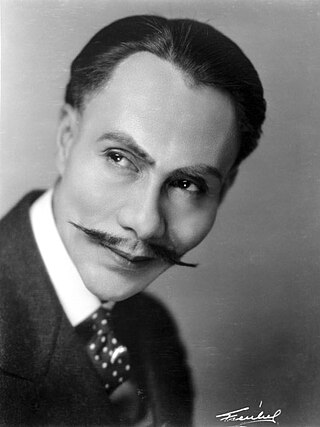
Sōjin Kamiyama or just Sōjin was a Japanese film actor. He appeared in more than 70 films between 1917 and 1954. He was the subject of a 1995 TV documentary by the Japanese film director Nobuhiro Suwa. He was born in Sendai, Japan and died in Tokyo, Japan. His wife was actress Uraji Yamakawa.

Eddie Lee was a character actor from the 1930s through the 1950s. Of Asian descent, he played mainly bit parts such as cooks and soldiers. While most of his over 80 roles were uncredited, he did have a few significant roles, such as in 1935's Sunset Range, Panic on the Air (1936), and 1943's The Man From Thunder River.

Harold Huber was an American actor who appeared on film, radio and television.
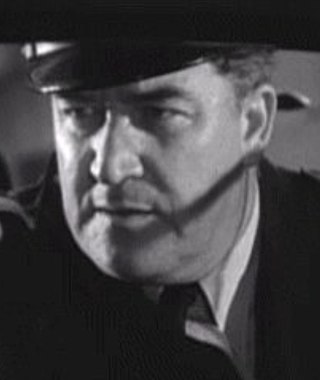
Ralph Dunn was an American film, television, and stage actor.

Joseph A. Creaghan was an American film actor. He appeared in more than 300 films between 1916 and 1965, and notably played Ulysses S. Grant nine times between 1939 and 1958, most memorably in Union Pacific and They Died with Their Boots On.

Lee Tung Foo was a Chinese American Vaudeville performer born in California who performed in English, German, and Latin. He became a film actor later in his life.
Wong Chung was an American film actor. He began with the Asia Film Company, and he appeared in Tou Shaoya and Stealing a Roast Duck (1909), both directed by Leung Siu-bo. He appeared in Barbary Coast (1935), in which he was the only Asian actor listed in the opening credits, unlike the Asian actors from the period.

James B. Leong was a Chinese-American character actor and filmmaker who had a long career in Hollywood beginning during the silent era.



















